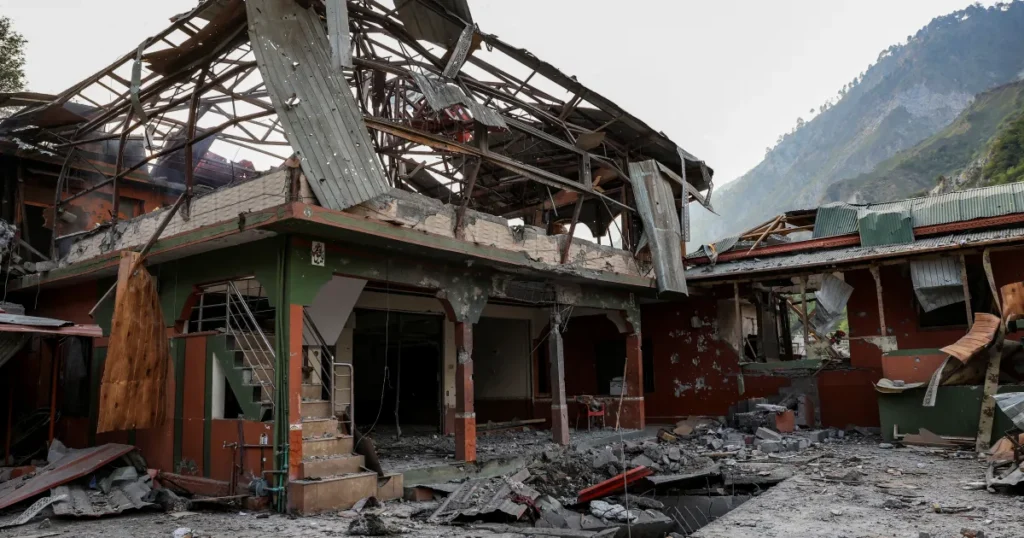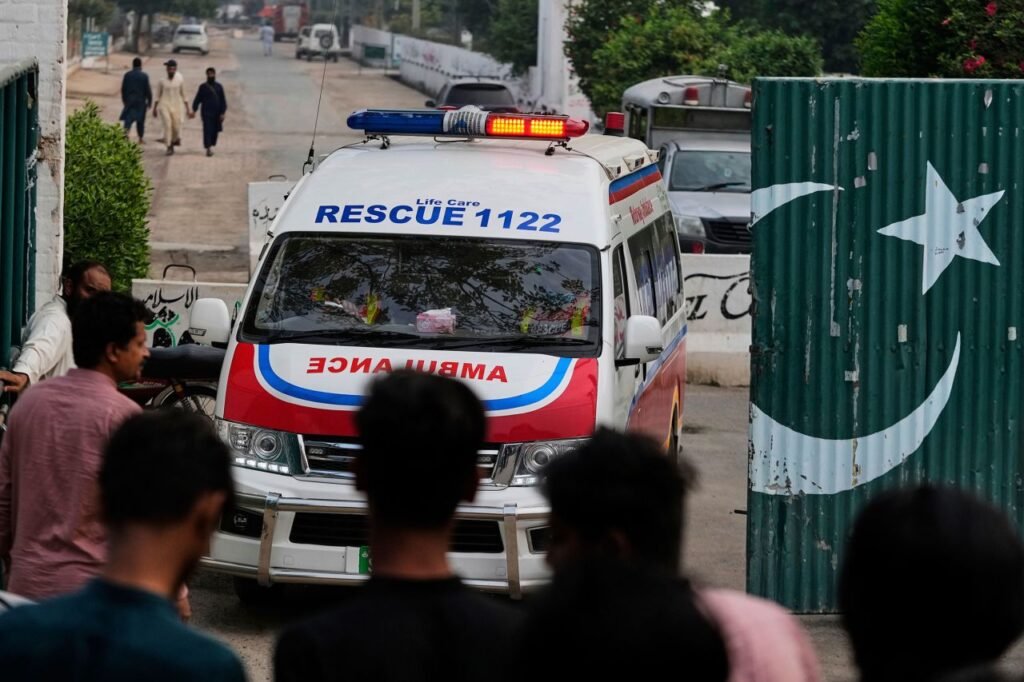
May 8, 2025 – Islamabad/New Delhi
The India Pakistan Conflict 2025 has taken a deadly turn following the latest escalation sparked by a terrorist attack in Kashmir and India’s subsequent retaliation. The violence, which has already claimed dozens of lives, threatens to destabilize an already fragile peace between the two nuclear-armed neighbors.

On April 22, 2025, a horrifying terrorist attack in Pahalgam, Indian-administered Kashmir, killed 28 civilians, including women and children. Indian authorities quickly blamed Pakistan-based militant groups such as Lashkar-e-Taiba and Jaish-e-Mohammed, long accused of orchestrating cross-border terrorism.
In response, on May 7, 2025, India launched Operation Sindoor, a series of targeted air and missile strikes on suspected terrorist infrastructure in Pakistan-administered Kashmir and Punjab province. Indian officials said the operation aimed to “eliminate active terror launch pads” responsible for cross-border violence.
Defense Minister Rajnath Singh declared the strikes as “surgical, strategic, and proportionate,” adding that India had “no choice” but to act in the interest of national security.
However, Pakistan swiftly condemned the action, claiming it resulted in the deaths of 31 civilians, including 11 children. Pakistani Prime Minister Shehbaz Sharif described the attacks as an “unprovoked act of war” and vowed to “avenge every drop of innocent blood.” The Pakistani military has reportedly been placed on high alert and has authorized “corresponding retaliation.”
Skirmishes erupted along the Line of Control (LoC) shortly after the Indian strikes, with both sides exchanging heavy artillery fire. Pakistan claims it shot down two Indian jets, though India has yet to confirm any aircraft losses.
The latest chapter in the India Pakistan conflict 2025 has raised serious alarm across the global community. The United Nations, United States, China, and European Union have all issued urgent calls for restraint, warning of the catastrophic risks of a full-scale war between two nuclear powers.
UN Secretary-General António Guterres said, “The region cannot afford another war. The focus must return to dialogue, not destruction.”
This isn’t the first time the region has seen such brinkmanship. The Pulwama-Balakot crisis in 2019 set a similar precedent, but today’s stakes are even higher due to increased militarization and political polarization on both sides.
Indian media has broadly supported the government’s actions, citing the nation’s right to self-defense. Pakistani outlets, however, have labeled the strikes as war crimes, highlighting civilian casualties and infrastructure damage.
As the India Pakistan Conflict 2025 continues to unfold, fear and uncertainty grip border communities. Thousands of civilians have fled their homes near the LoC, fearing further violence.
Diplomatic channels remain largely frozen, with neither side signaling willingness to engage in peace talks. Analysts warn that unless immediate de-escalation occurs, the crisis could spiral into a prolonged conflict with devastating consequences for South Asia.